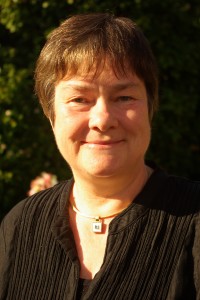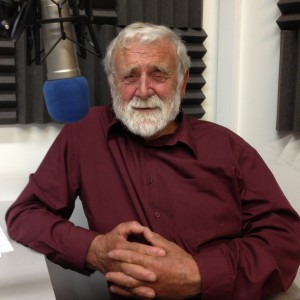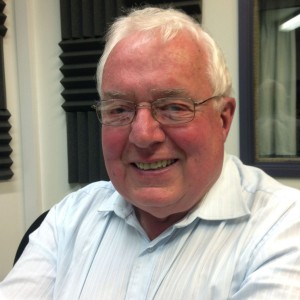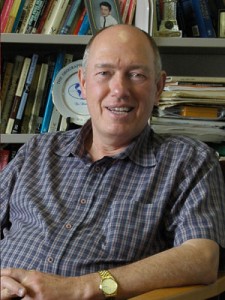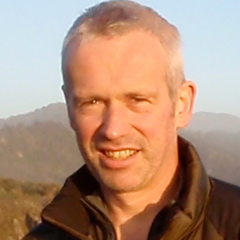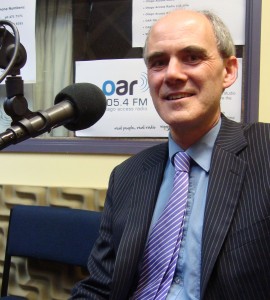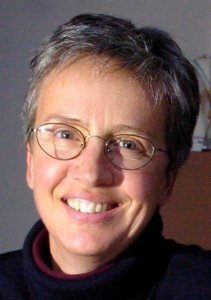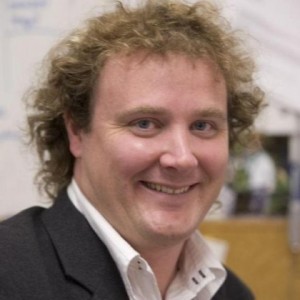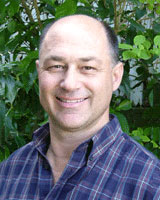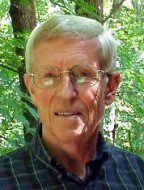
Dr. John Ikerd is emeritus professor of agricultural economics at the University of Missouri-Columbia. His most recent book is “The Essentials of Economic Sustainability“.
Sustainable capitalism is possible, just not the capitalistic economy we currently have.
Ikerd argues that in classical economics – Adam Smith, Thomas Malthus and David Ricardo – there was a belief in the invisible hand of the free market but that this operated entirely within the context of a just society. People would pursue their economic interests within the context of societies and cultures that would place social and ethical constraints on their pursuit of individual self interests. In the later development of neo-classical economics the drive to make a pure science, the moral and social aspects were excluded. The resulting focus on rational preferences is based on the assumption that maximising individual self interest is also good for society as a whole.
Ikerd contrasts ethical and social values with economic values. First, economic value describes individual benefit. Second, economic value is instrumental – it carries the expectation of getting something of equal or greater value in return. Third, economic value has to be impersonal – so it can be traded. The outcome of this that it makes no economic sense to invest in anything for benefit of future generations or the good of humanity of as a whole.
Ikerd says stemming from this mistaken reliance solely on economic value we have wrongly equated happiness with wealth. This means we have gotten on to a futile treadmill of more and more cheap stuff. We have lost sight of the pursuit of happiness in the pursuit of wealth.
Society is held hostage by this relentless pursuit of ever more income, ever more wealth, ever more cheap stuff because we’ve led to believe it will make us happy.
The outcome of this is a very fragile economy exhausting finite resources teetering at the edge of a collapse. We have a very short time to anticipate the necessity for change and make changes voluntarily before they are forced upon us.
That we need to return to basic principles of human relationships is really a matter of common sense – something we all know if we just stop and think.
Shane’s number of the week: 200 million Euros. That is how much climate change cost Unilever, which depends on agricultural commodities, in 2011.
Sam’s joined-up-thinking: The Dunedin City Council has released its draft Social Well-Being Strategy. It is an excellent document and a good example of consultation. Sam would like to see moer attention paid to sense of place, mention of intergenerational equity, a less insular focus, and consideration of a total human ecosystem approach (rather than environment being somewhere “out there” to go an visit). The strategy is open for comment until the 21st September.
